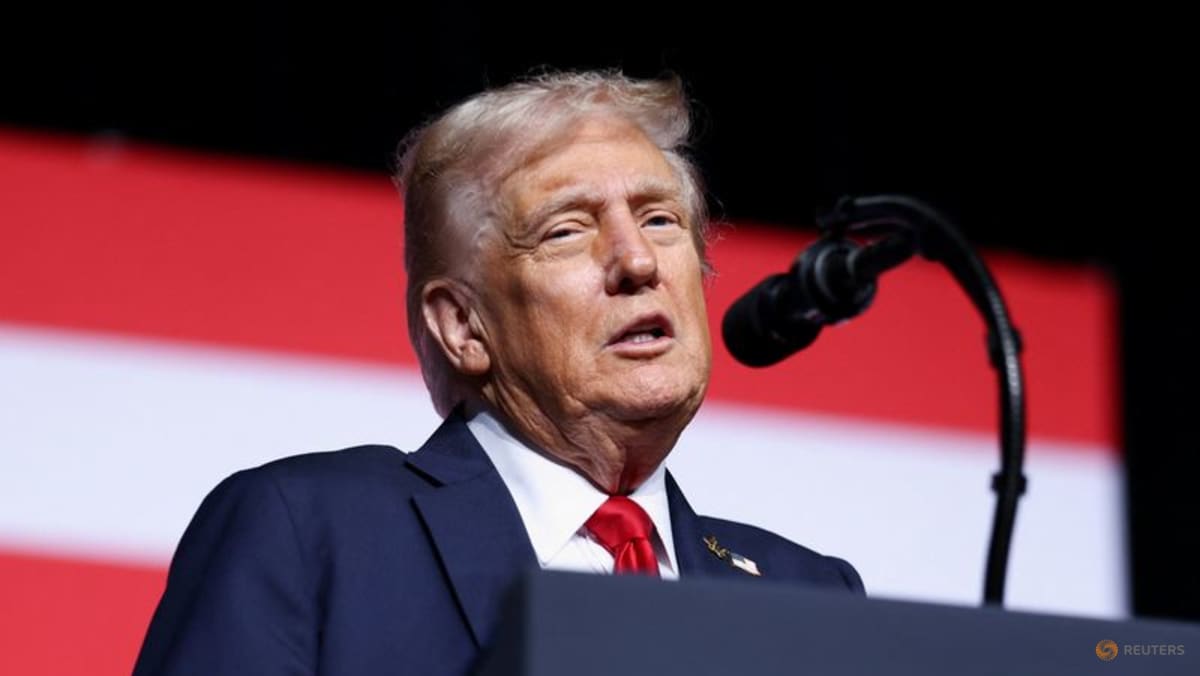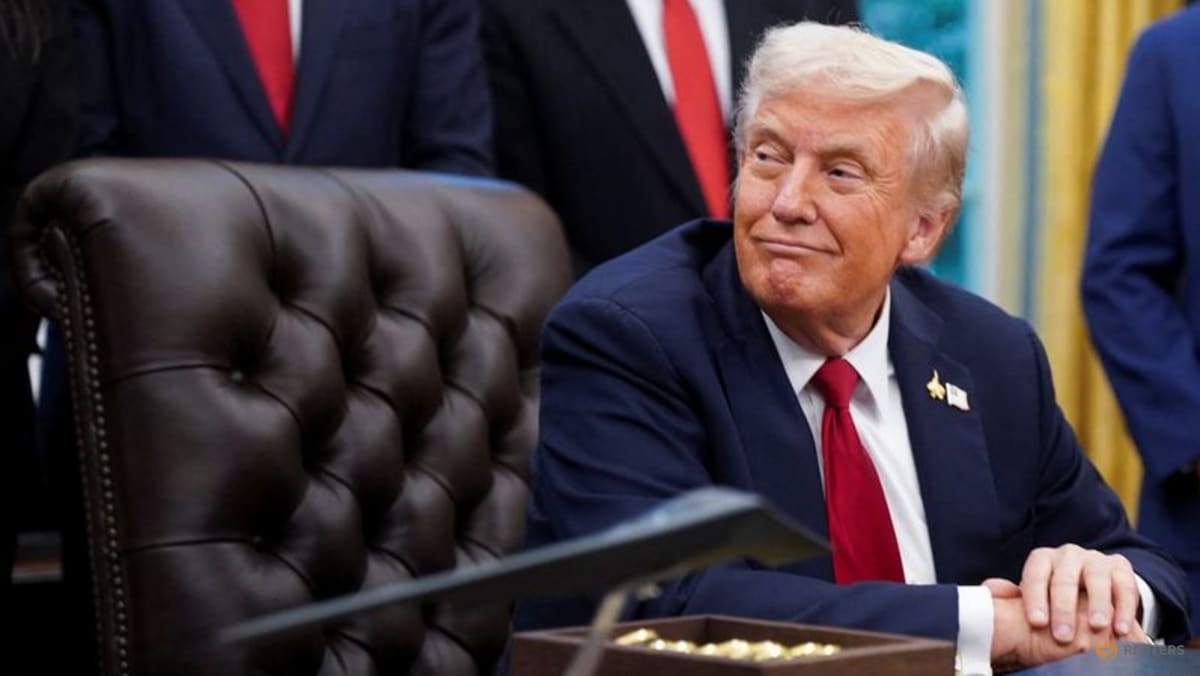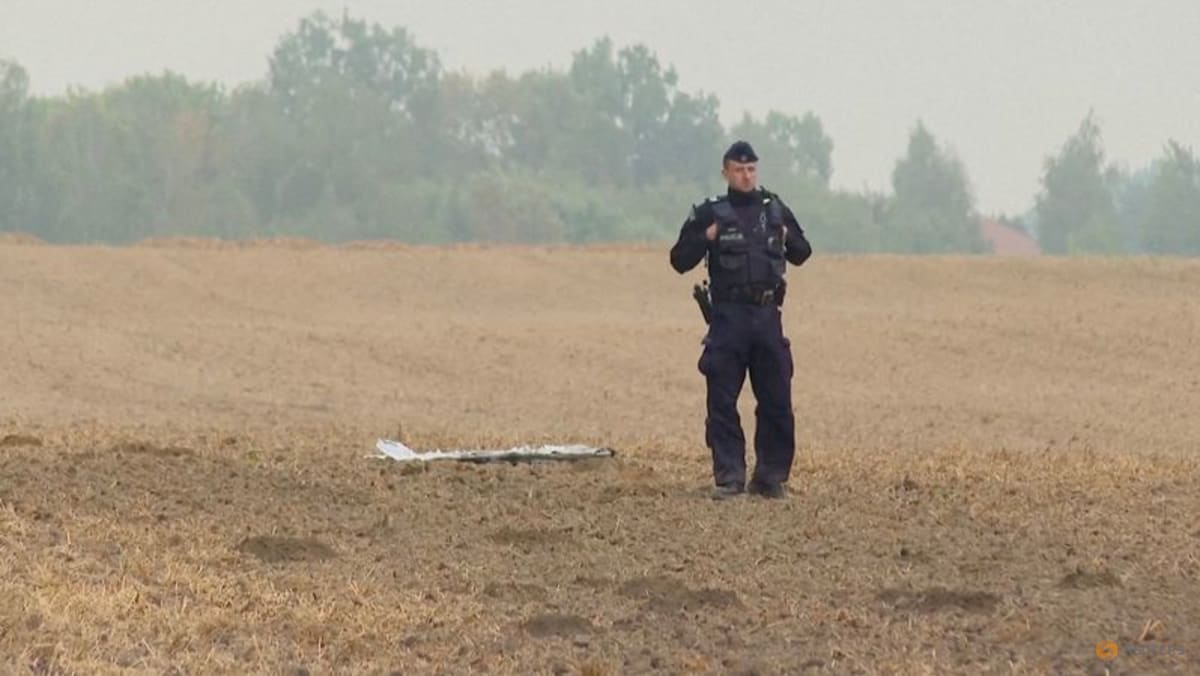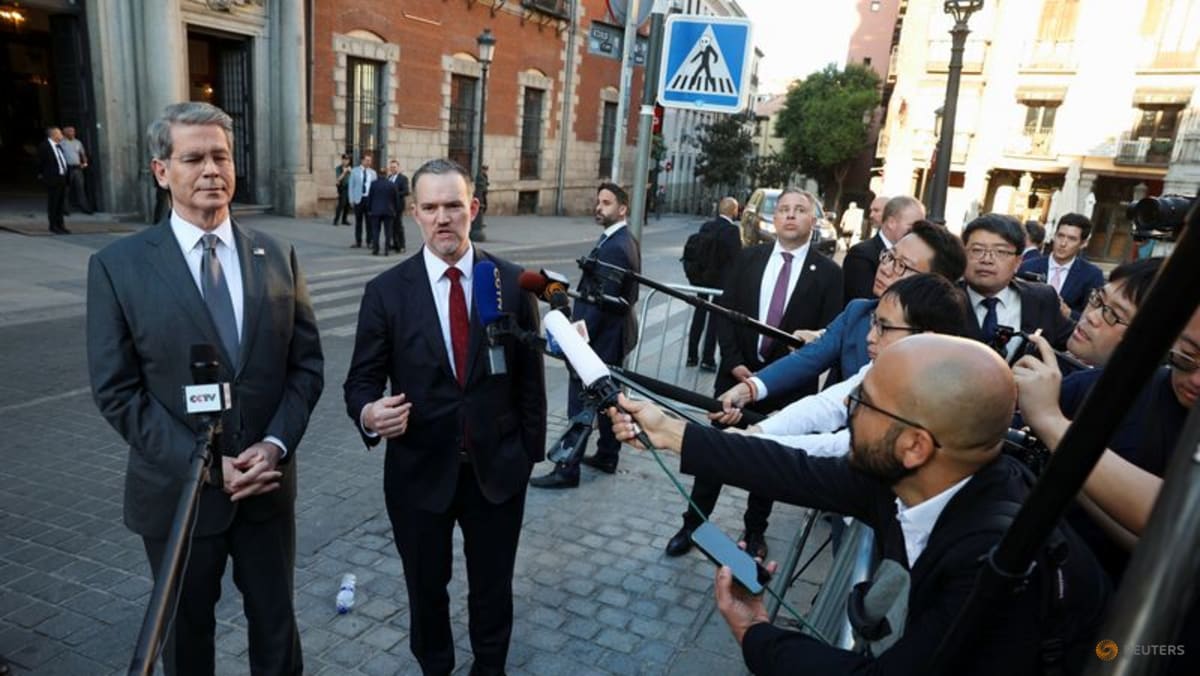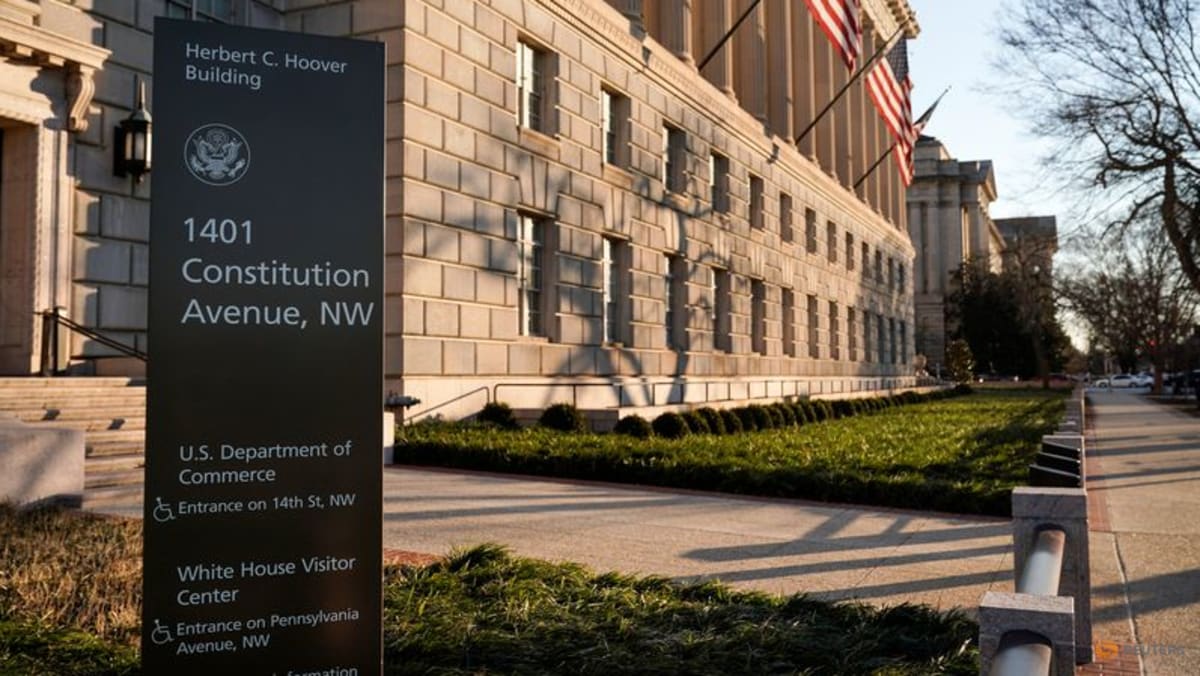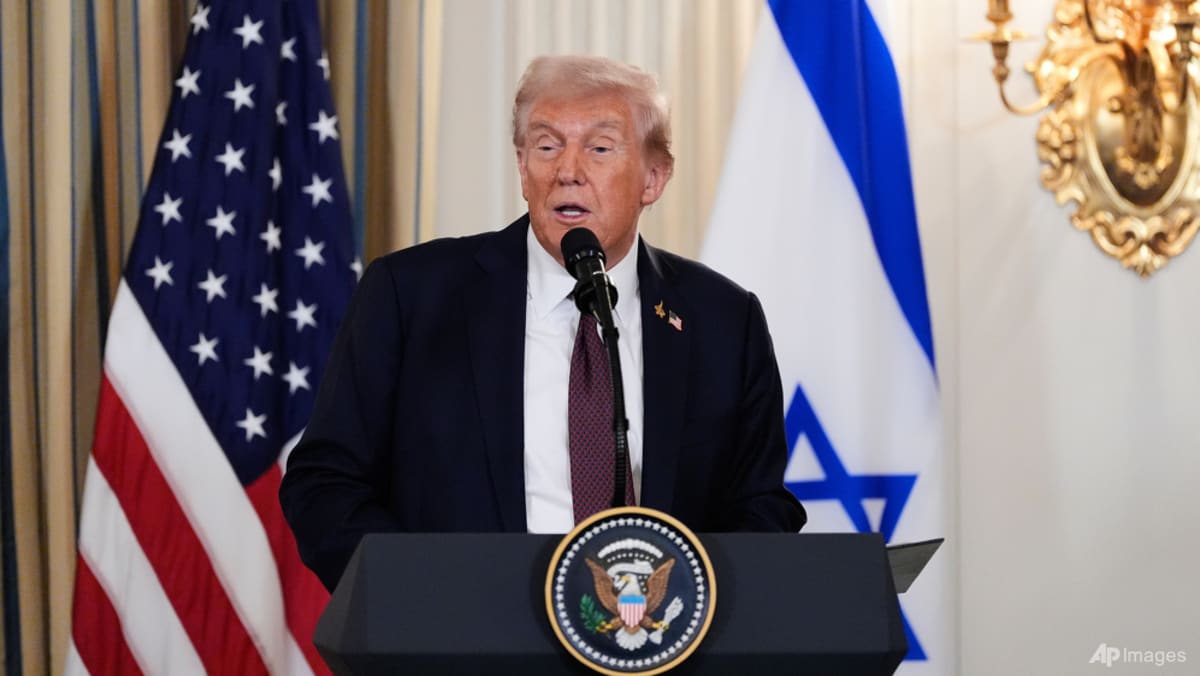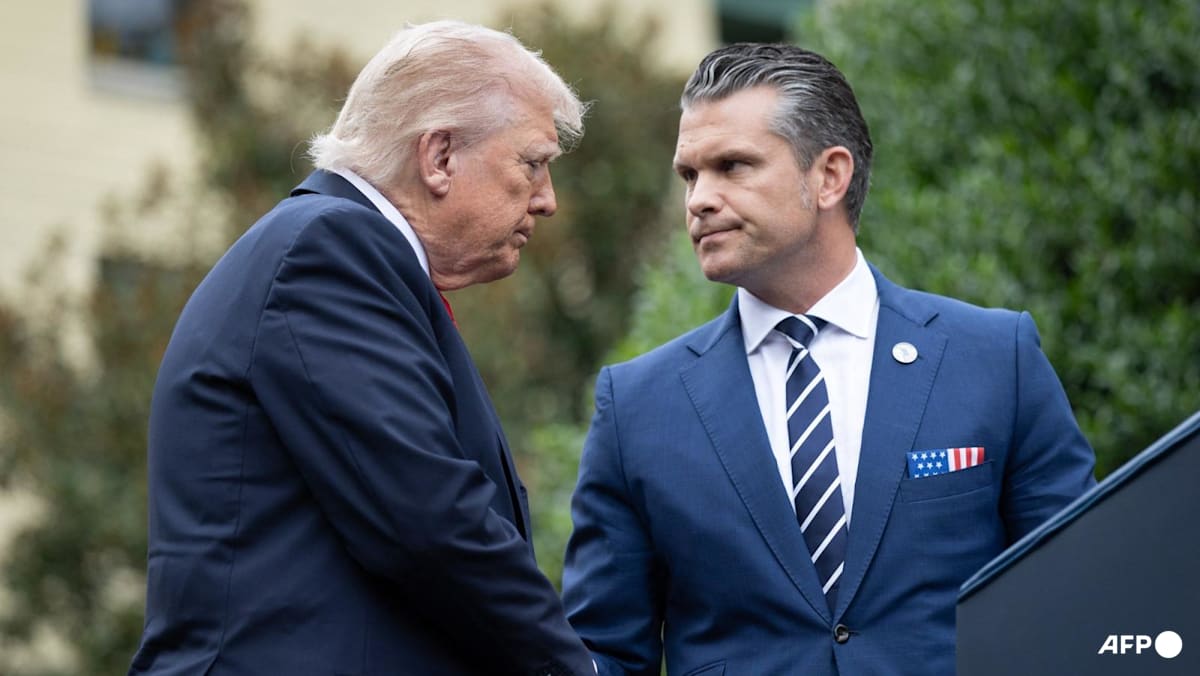WASHINGTON: US President Donald Trump warned congressional Democrats on Tuesday (Sep 30) that his administration would take “irreversible” actions, including mass firings of federal workers, if they allow government funding to expire at midnight.
“We can do things during the shutdown that are irreversible, that are bad for them and irreversible by them, like cutting vast numbers of people out, cutting things that they like, cutting programs that they like,” Trump told reporters from the White House Oval Office.
Trump’s threat to target programs favoured by Democrats in the event of a government shutdown rang alarm bells as lawmakers girded for a last-minute attempt to extend funding past midnight (12pm Wednesday afternoon, Singapore time), when the fiscal year ends.
A Democratic proposal that would extend health benefits for millions of Americans failed 47-53 in the Senate.
Up next was a Republican-backed Bill that would extend government funding without the healthcare fix, which was also expected to fail. That would all but ensure the US enters its 15th government shutdown since 1981.
Federal agencies issued detailed plans that would close offices conducting scientific research, customer service, and other activities and send tens of thousands of workers home. Military troops, border guards and others doing work deemed “essential” would stay on the job, but would not get paid until Congress resolves the standoff.
In memos to soon-to-be-furloughed employees, several agencies, including the Justice Department and the Social Security Administration, blamed Democrats for the impending shutdown, violating long-standing norms that aim to shield government workers from partisan pressure.
Budget-related showdowns have become a routine feature in Washington as the nation’s politics have grown increasingly dysfunctional, though they are often resolved at the last minute. The government last shut down for 35 days in 2018 and 2019, during Trump’s first term, due to a dispute over immigration. That cost the US economy US$3 billion, or 0.02 per cent of GDP, according to the nonpartisan Congressional Budget Office.

